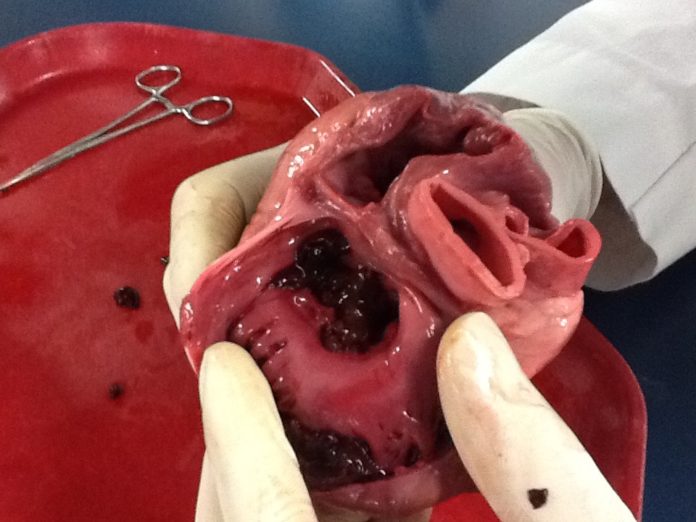
Study by Sahlgrenska Academy finds link between congenital heart disease and cancer in children and teenagers
Chidren and adolescents (young adults) with congenital heart disease (CHD) are at higher risk of cancer, a study in JAMA Network Open has concluded.
The study looked at data from the Patient and Cause of Death Registers in Sweden. Successive cohorts of patients with CHD born from 1970 to 1979, 1980 to 1989, and 1990 to 1993 were identified. Among 21 982 individuals with CHD and 219 816 healthy matched controls, 428 patients with CHD (2.0%) and 2072 controls (0.9%) developed cancer.
The study concluded: “Children and young adult patients with CHD had an increased risk of developing cancer compared with healthy matched controls, and the risk was significantly higher among patients with CHD from the most recent birth cohort. An increased risk of cancer in all CHD lesion groups was found, and a systematic screening for cancer could be considered for this at-risk group of patients.”
The incidence of cancer continuously increased by birth cohort among patients with CHD and among healthy controls but to a lesser extent between those born from 1980 to 1989 and those born from 1990 to 1993
Congenital heart disease (CHD) is the most common major congenital disorder, with a prevalence of almost 1% in live births. The researchers said that this is the first study to investigate the long-term incidence of cancer from birth to a maximum age of 41 years among patients with all types of CHD, with or without surgery.
The incidence of cancer continuously increased by birth cohort among patients with CHD and among healthy controls but to a lesser extent between those born from 1980 to 1989 and those born from 1990 to 1993. This observation may reflect a change in the incidence of cancer in general, but it may also reflect an increase in survival. Among patients born from 1970 to 1979, a significant proportion of patients with complex CHD may not have survived long enough to develop cancer.
Discussing the reasons for the findings the researchers wrote: “According to the guidelines of the American Cancer Society, a major mechanism for reducing the risk of cancer, and even preventing the occurrence of cancer, is performing physical activity and eating healthy food. Patients with CHD have lower isotonic muscle function, reduced oxygen uptake, and higher exercise intolerance compared with those without CHD. This further suggests an increased risk of cancer in this group of patients.”












